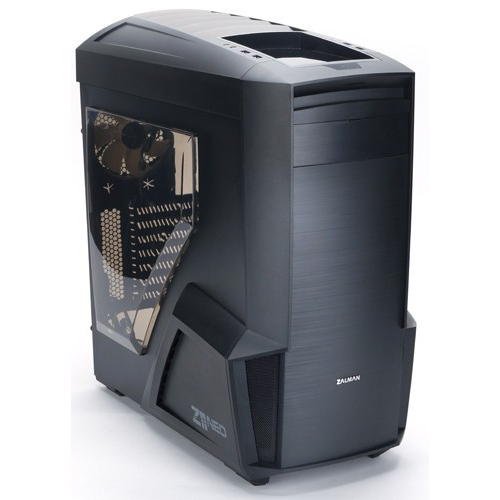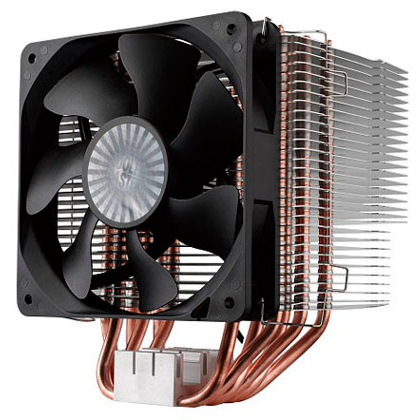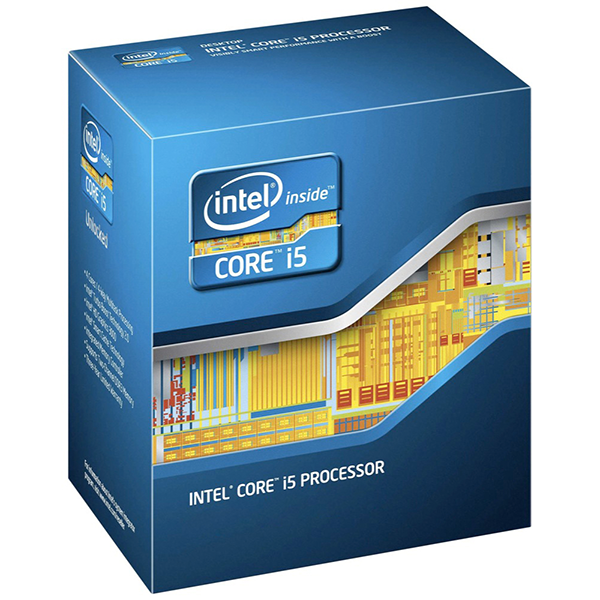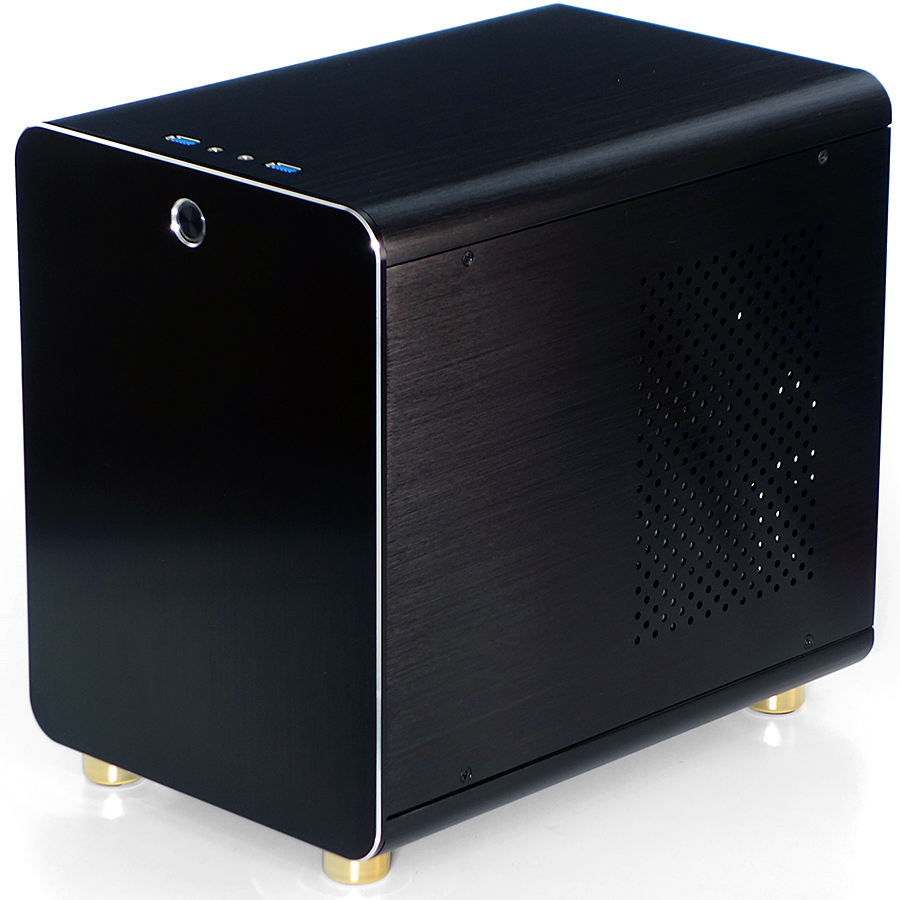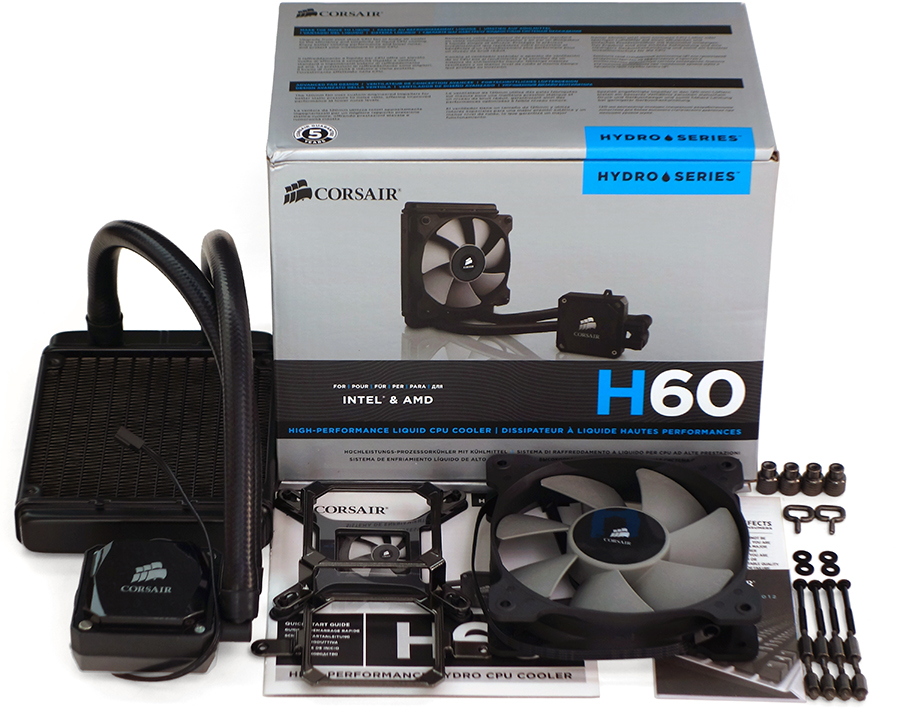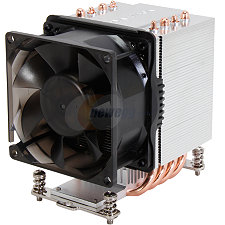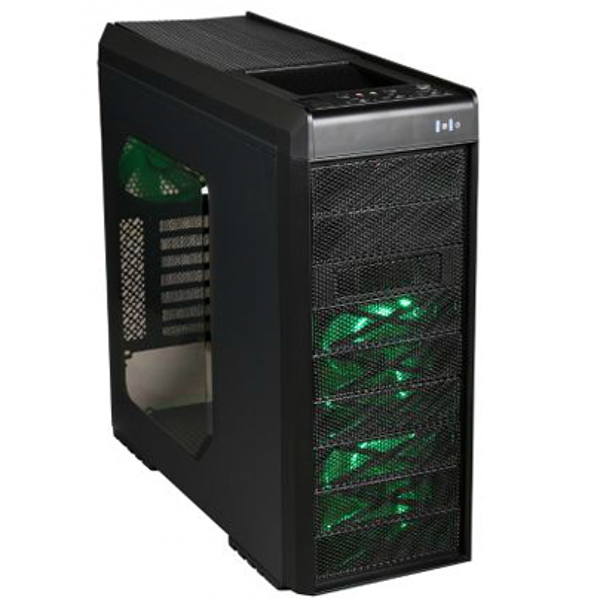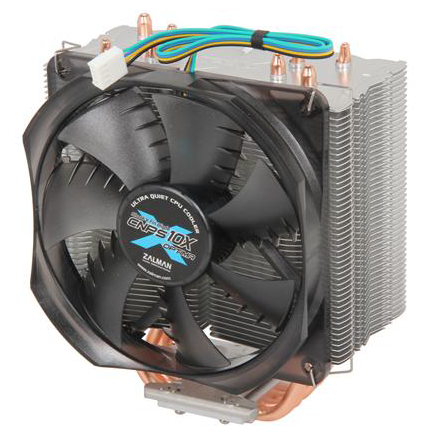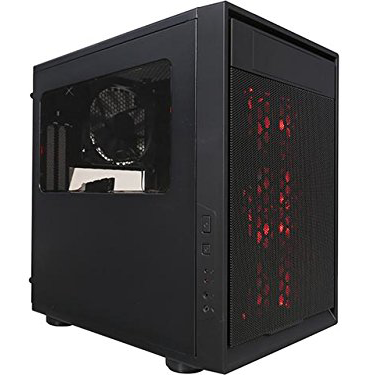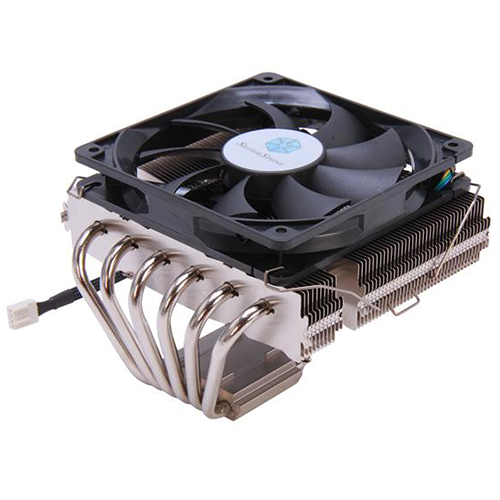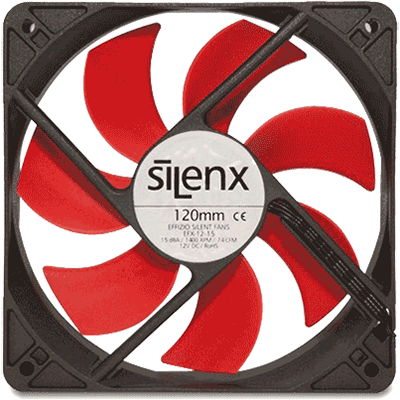System Builder Marathon Q2 2015: Value Comparison
How-To
By
Thomas Soderstrom
published
Now that we’ve built four PCs with matching budgets, which builder, and which machine, owns the title of best performance for $1600?
Q2 2015 SBM Build Components
$1600 Performance PC
- Platform Cost: $1345
- Total Hardware Cost: $1495
- Complete System Price: $1595
$1600 Mini Performance PC
- Platform Cost: $1376
- Total Hardware Cost: $1496
- Complete System Price: $1596
$1600 Gaming PC
- Platform Cost: $1348
- Total Hardware Cost: $1499
- Complete System Price: $1599
$1600 Mini Gaming PC
- Platform Cost: $1402
- Total Hardware Cost: $1495
- Complete System Price: $1595
MORE: Latest Systems NewsMORE: Systems in the Forums
Stay On the Cutting Edge: Get the Tom's Hardware Newsletter
Get Tom's Hardware's best news and in-depth reviews, straight to your inbox.
Current page: Q2 2015 SBM Build Components
Prev Page 4 Machines, 2 Builders, 1 Winner Next Page SyntheticsTOPICS
Thomas Soderstrom is a Senior Staff Editor at Tom's Hardware US. He tests and reviews cases, cooling, memory and motherboards.
23 Comments
Comment from the forums
-
Jarlve Test is biased towards work PC. It is hard to differentiate between systems in your graphs.Reply
5/10. -
Crashman Reply
That's probably why so many readers demanded a 5820K last winter.16159263 said:Test is biased towards work PC.
That's why I retained the same order throughout the article. This chart format works best with 5 or fewer configurations, 6 was a stretch and 8 is too much for some readers. We'll most likely go back to fewer configurations next time.16159263 said:It is hard to differentiate between systems in your graphs.
-
Onus I'm not sure I enjoyed this SBM as much as usual. In past cycles, even builds that have been bad have presented additional "data points" to use when evaluating new builds in general. Don's 4x Crossfire HD4850 build, Paul's Celeron+flagship graphics machine, and Thomas' beautiful Antec Professional PC stand out in that regard.Reply
I'm not sure these systems show anything new or unexpected, although there may still be people who don't realize just how effective mini-ITX can be. The silicon lottery played its part, and thermal problems raised their ugly head as well.
Not to defend "we've always done it this way," for its own sake, but I'm sure I'm not the only one a little exasperated by some of Julio's choices and methods. With few exceptions, I could see why any of the three previous builders did certain things (Don's cheap case selection(s) being one of those exceptions), but I hardly know where to begin with Julio. It's not even that he's blatantly "wrong" about things, but his builds felt awkward; maybe like music where A=432Hz is notably different from music where A is tuned to 440Hz.
Of these builds, I prefer the mITX boxes. My own games and single monitor need nothing more than a GTX970, so that makes Thomas' little box the one I'd prefer to win.
-
salgado18 Am I the only one who can't see a big case such as the Rosewill Neutron as an ITX? I mean, it's like a regular tower, just two bays lower. Compare that to DIYPC's case, now that's something you can call compact.Reply -
James Mason Reply16161394 said:Am I the only one who can't see a big case such as the Rosewill Neutron as an ITX? I mean, it's like a regular tower, just two bays lower. Compare that to DIYPC's case, now that's something you can call compact.
I kind of agree, but that's because mini-itx cases are kinda weird as the are likely one of two extremes. They're either short and long, like the coolermaster elite 1## / haf stacker series, or tall and "fat" like the rosewill neutron. (HTPC cases are a different class)
-
Crashman Reply
Since the little cube PC was the only one of mine (the workhorses) noticeably noisy, I measured it. Overclocked, it produced 42.4db under combined load (card spins up), 34.3db idle. I reset it to stock, and it dropped to 35.9db under combined load and 32db idle. Both of those are at 1m. Since the full tower didn't get my attention, I can guess it was at least 6db quieter.16160121 said:Is it just me, or are the noise tests missing?
I never got a chance to hear the gaming machines running.
-
synphul I'm sure the tests were done as accurately as possible, there will always be margins for error but a few of the test results seemed really out of place. For instance the 7zip times. The gaming pc scored the worst/slowest but when oc'd it performed even better than the oc'd work/performance pc? By a huge margin no less. I can see there being different variables due to program behavior, how well it makes use of multiple threads and so on. It doesn't explain how there was such a huge leap from stock to oc'd game pc build vs the much less significant jump from stock to oc'd performance pc. Many results were in line with one another while others seemed to be all over the place.Reply -
RedJaron I like the theory of this SBM: every system gets equal money but different themes. Doing such should reveal how shifting balance around in system components affects overall system performance. But I have to agree with Joe. It just felt . . . awkward.Reply -
Crashman Reply
My guess is that the program crashed but the timer closed without registering the crash :) New builder doesn't know what an errant result looks like yet, but he's learning quickly!16162920 said:I'm sure the tests were done as accurately as possible, there will always be margins for error but a few of the test results seemed really out of place. For instance the 7zip times. The gaming pc scored the worst/slowest but when oc'd it performed even better than the oc'd work/performance pc? By a huge margin no less. I can see there being different variables due to program behavior, how well it makes use of multiple threads and so on. It doesn't explain how there was such a huge leap from stock to oc'd game pc build vs the much less significant jump from stock to oc'd performance pc. Many results were in line with one another while others seemed to be all over the place.
